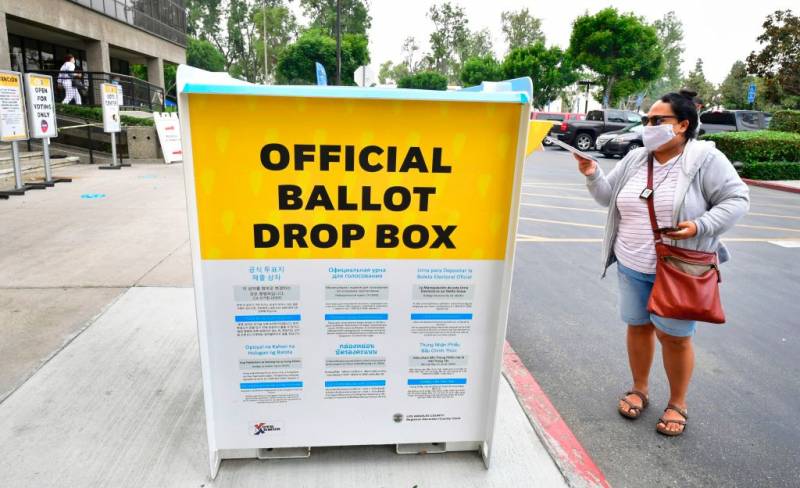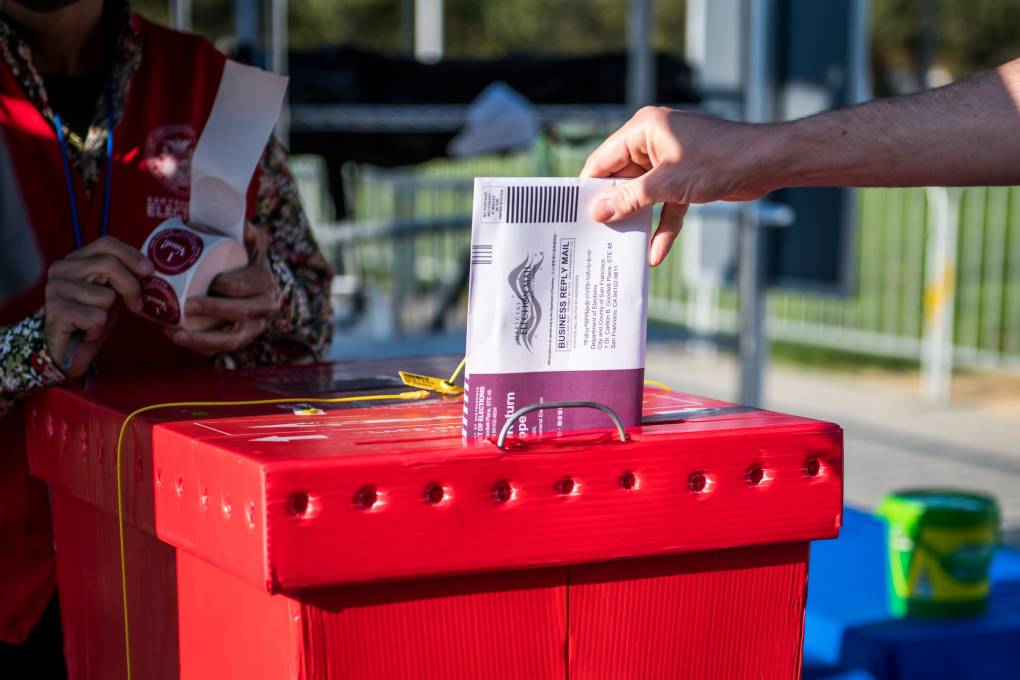“Right now it’s mostly just a lot of chatter or rhetoric, things in the news that we’ve all seen about the potential for some of this stuff,” he said. “Some of it’s, quite frankly, speculation.”
But in anticipation that something could happen, the state last year put together an election security task force that includes local, state and federal law enforcement agencies, the secretary of state’s office and local election officials.
The state regularly prepares for major events, like the Super Bowl or a big political convention. But Ghilarducci said officials have never prepared for an election as extensively as they are this time around.
And, he said, they started planning much earlier than they did for previous elections, including how to handle any potential cyberattacks.
“Our California Cybersecurity Integration Center is critical in being able to assess all of the different election sites that ensure that if there’s any breaches or gaps that we get on top of that, we put the patches in place,” he said. “They’ve been working at that over the last year plus.”
The necessity of cybersecurity was underscored just this week when John Ratcliffe, the director of national intelligence, announced that Iranian and Russian operatives were behind threatening emails sent to voters in Florida and Alaska.
As with many political events, Ghilarducci said he expects there to be some protests and marches on and leading up to Election Day, and stresses that people are allowed to gather and express their opinions peacefully.
“We’re focusing in on violence or illegal activity that would result in harm to person or property. Vandalism, looting, this kind of thing,” he said. “We’ve been working closely with our law enforcement partners throughout the state and just making sure that fine line of self-expression doesn’t get impacted by law enforcement overall.”
California Secretary of State
It’s important to remember that voter intimidation is strictly illegal. The secretary of state’s office recently issued guidance to local election officials reminding them of the relevant laws. For instance, it’s illegal for anyone to block access to polling stations or threaten and harass voters. Guns are also prohibited near voting locations.











